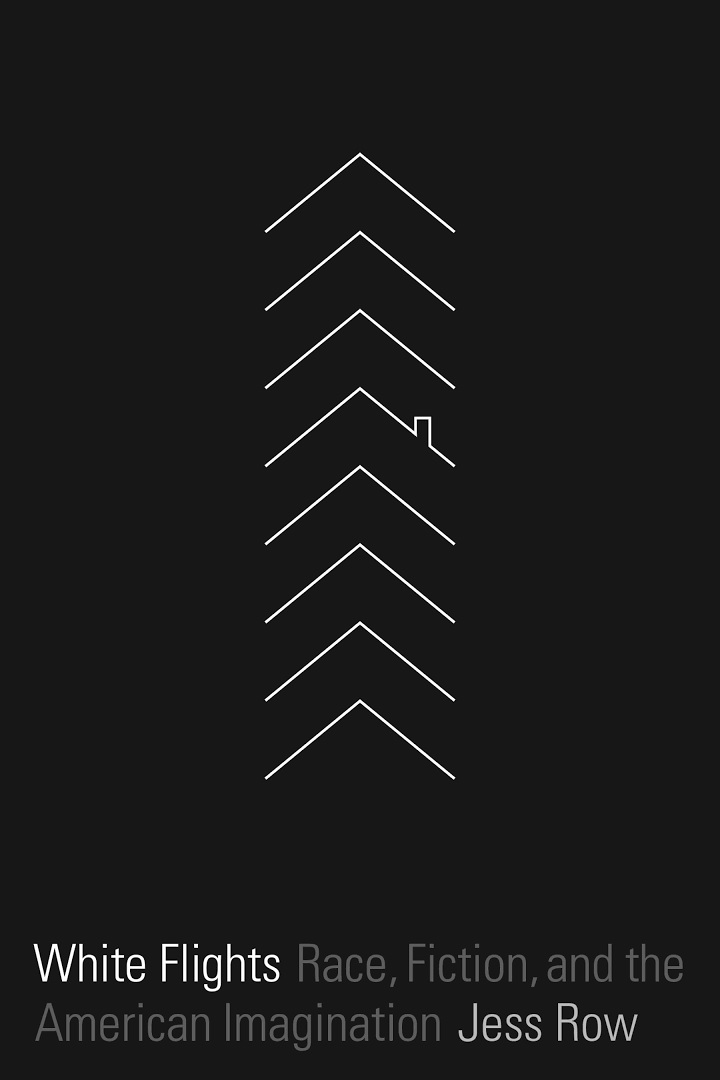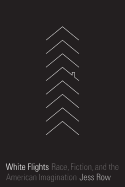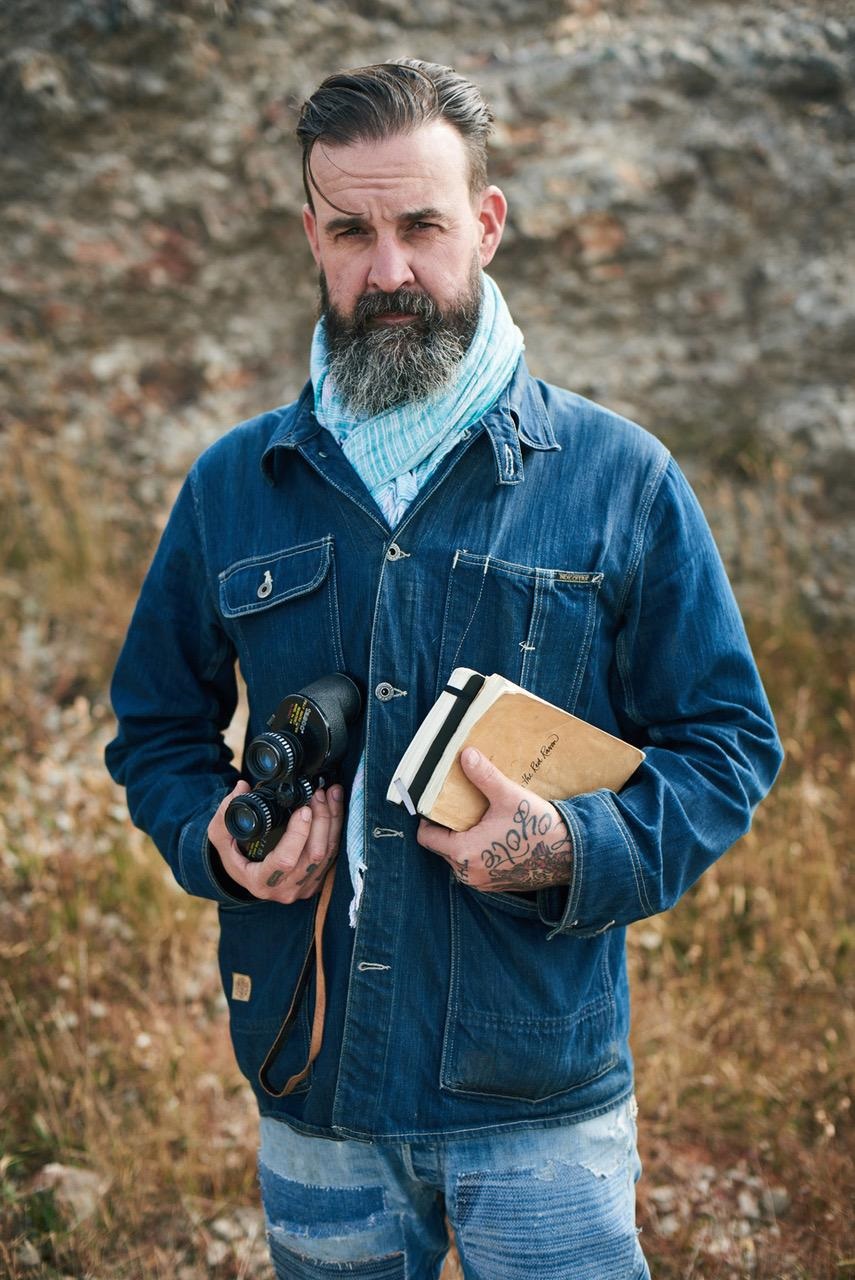 |
| photo: Paul Collins |
Growing up in the East Bay as the son of an astrophysicist and a psychologist, Obi Kaufmann spent most of high school practicing calculus and on weekends scrambling around Mount Diablo, mapping its creeks, oak forests and sage mazes. For years, he would regularly travel into the mountains, spending more summer nights without a roof than with one. For Kaufmann, the epic narrative of the California backcountry holds enough art, science, mythology and language for a hundred field atlases to come. When he is not backpacking, you can find the painter-poet at his desk in Oakland. The State of Water: Understanding California's Most Precious Resource is published by Heyday (June 1, 2019).
On your nightstand now:
I just finished my first run through Consilience: The Unity of Knowledge by Edward O. Wilson. Dr. Wilson, arguably the greatest American naturalist, is a core hero in my own private pantheon of thinkers that have shaped how I see the world. His style of building paragraphs, often punctuated by small lists of empirical processes in the natural sciences, circle a main point that he is making, regularly with elegance, approachability and aplomb. His big idea is the unification of the natural sciences with the social sciences and the humanities to form a new worldview that is enlightened and secularized. It is an idea that fuels my inspiration and the scope of my own work.
Favorite book when you were a child:
When I pitched the idea of the California Field Atlas to my now publisher, Heyday, I included the hand-drawn map of Middle Earth found inside the front cover of The Lord of the Rings, drawn by J.R.R. Tolkien. When I realized that I wanted to make California my own Middle Earth--but a real place filled with more adventure, history and beauty than Tolkien's world ever could be--the pieces began to fall into place. Exploring California's backcountry since I was a little boy, I always had a ragged and dogeared copy of Tolkien's masterpiece in my pack.
Your top five authors:
There are certainly seasons of interest and relevance that lead me into the prose of this or that author; seasons that often do not stand the test of time in my own, ever-maturing mind. Although if I were to pick five of my all-time favorites, authors who for one reason or another, have managed to continually spark joy whenever I am present enough to pick up one of their works, I would probably start with Wallace Stegner. I still haven't found an author who can craft a sentence with what is at once deft brevity and yet still able to maintain emotional resonance. For the past few years, I've been obsessed with Diane Ackerman's ability to compose what she calls "Biological Poetry," and her book The Human Age is at once hopeful and scalpel-sharp in its insight. When I read Barry Lopez's Arctic Dreams in the late '80s, I found my calling as an adventurer, and that adventuring was based on reading the land. I will always be grateful for Frank Herbert and his Dune series. Those first six books are really the only genre books that can continually satisfy my adult mind and my childlike heart at the same time. Lastly, I am going to tap Wendell Berry. While his novels don't grip me like Stegner's, his essays changed my life, or I could say, are still changing my life.
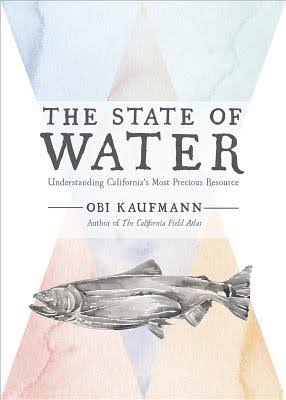 Book you're an evangelist for:
Book you're an evangelist for:
The Solace of Open Spaces by Gretel Ehrlich is one of the best books ever written. It is everything I need and everything I want to give. I feel aches in my legs when I consider its quality. This book is a pill, a drug that fills my heart only to break it with sentences that, as I read them, turn before my eyes to autumn leaves that blow away on the page. No one has ever captured the simultaneous loneliness and the steadfast relationship inherently known by wilderness children of the western U.S. Forget Desert Solitaire, get to know this story.
Book that changed your life:
I am a regular practitioner of letting good books change my life, although there was experience that set me straight. Early in my adolescence, I had two, dynamic and potentially competing ethical struggles: 1. I was filled with questions about the nature of the universe, and 2. I wanted to rebel against my parents. Both of my parents are scientists and I grew up with no religion. Because of those two struggles, I became an ardent reader of the Bible. When I was 16, I read The Selfish Gene by Richard Dawkins and I haven't picked up a Bible since. His clear and careful introduction to the nature of Darwinian thought was reflected in my own observations of nature, and I felt a great relinquishment of a self-imposed, spiritual burden.
Favorite line from a book:
I could go a million directions of course, largely based on mood more than actual revelation. But for now, I hand it to Wendell Berry, who in his 1988 essay "Economy and Pleasure" (republished in The World-Ending Fire) wrote, "Where is our comfort but in the free, uninvolved, finally mysterious beauty and grace of this world that we did not make, that has no price? Where is our sanity but there? Where is our pleasure but in working and resting kindly in the presence of this world?"
Five books you'll never part with:
I've got heavy books and I've got light books. The heavy books I go to regularly to make my own work, and they are mostly textbooks on oceanography of ecosystems. I can leave those. I think if I had to make a quick dash, it would be a list of five, light books; thin volumes that speak so much with so little:
1. The Living Mountain by Nan Shepherd
2. The Peregrine by J.A. Baker
3. Where the Bluebird Sings to the Lemonade Springs by Wallace Stegner
4. Dancing at the Edge of the World by Ursula K. Le Guin
5. The Practice of the Wild by Gary Snyder
Book you most want to read again for the first time:
The Ecology of Wisdom by Arne Naess was instrumental in shaping my perspective of the world in my early 20s, when I wanted a more holistic explanation to my relationship with the natural world. This seminal work that was largely responsible for the deep-ecology movement of the mid-'90s was a handbook for traversing both the inner and outer landscapes I found myself in. I always mean to pick it up again and I always stop short, not for its quality of content, but because I think I would be looking for something inside of me, maybe something that I am happy to leave in the past--an adventure already taken. When I realize that, it is time to get up and head to the bookstore to see what new works are waiting to take me somewhere I have yet to explore.













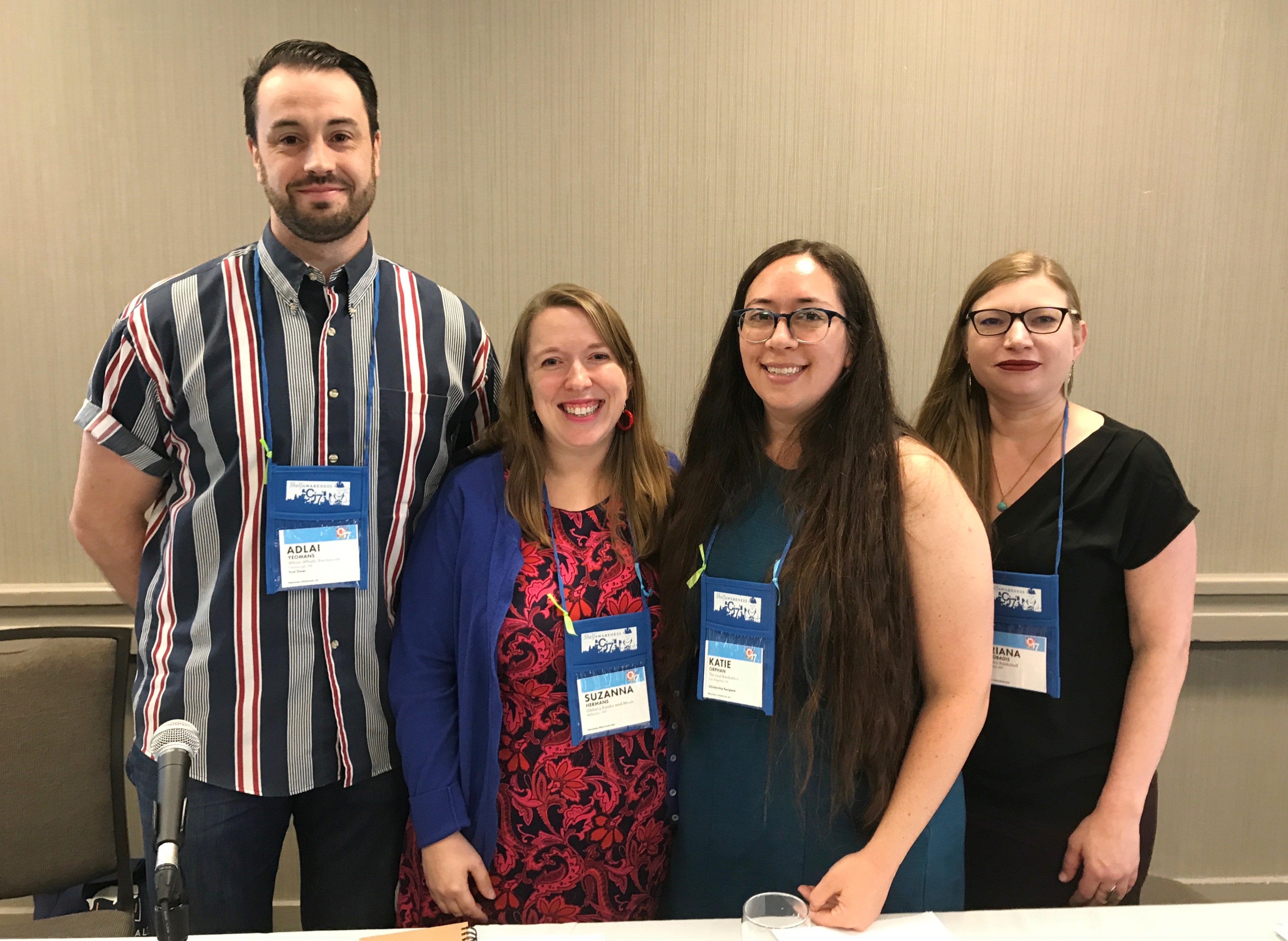


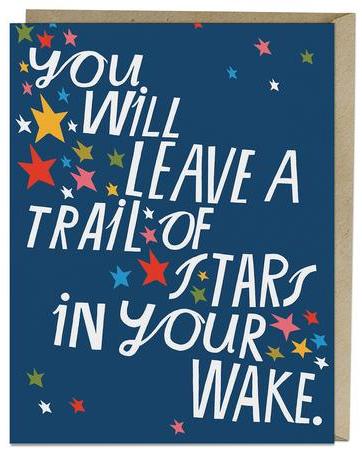
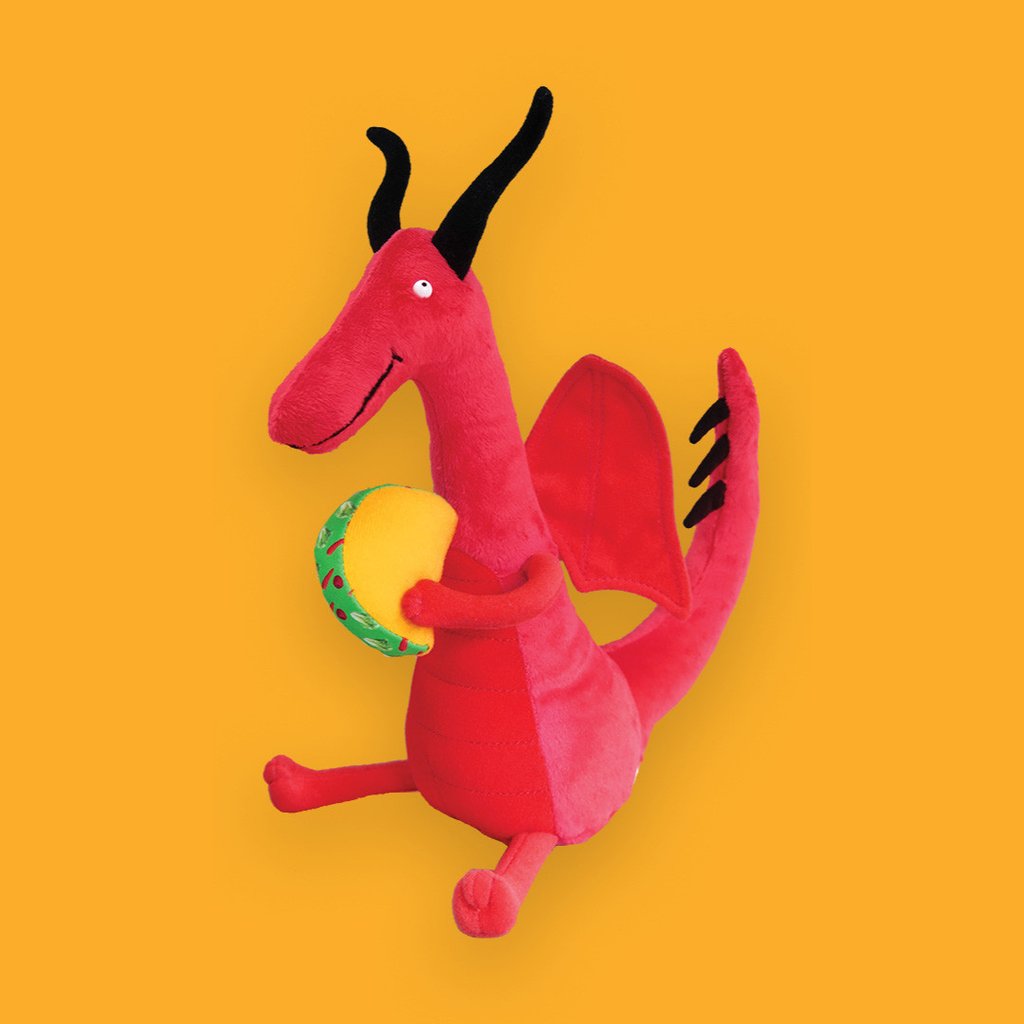
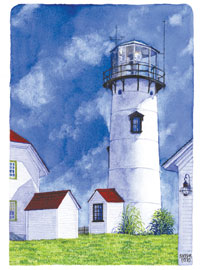


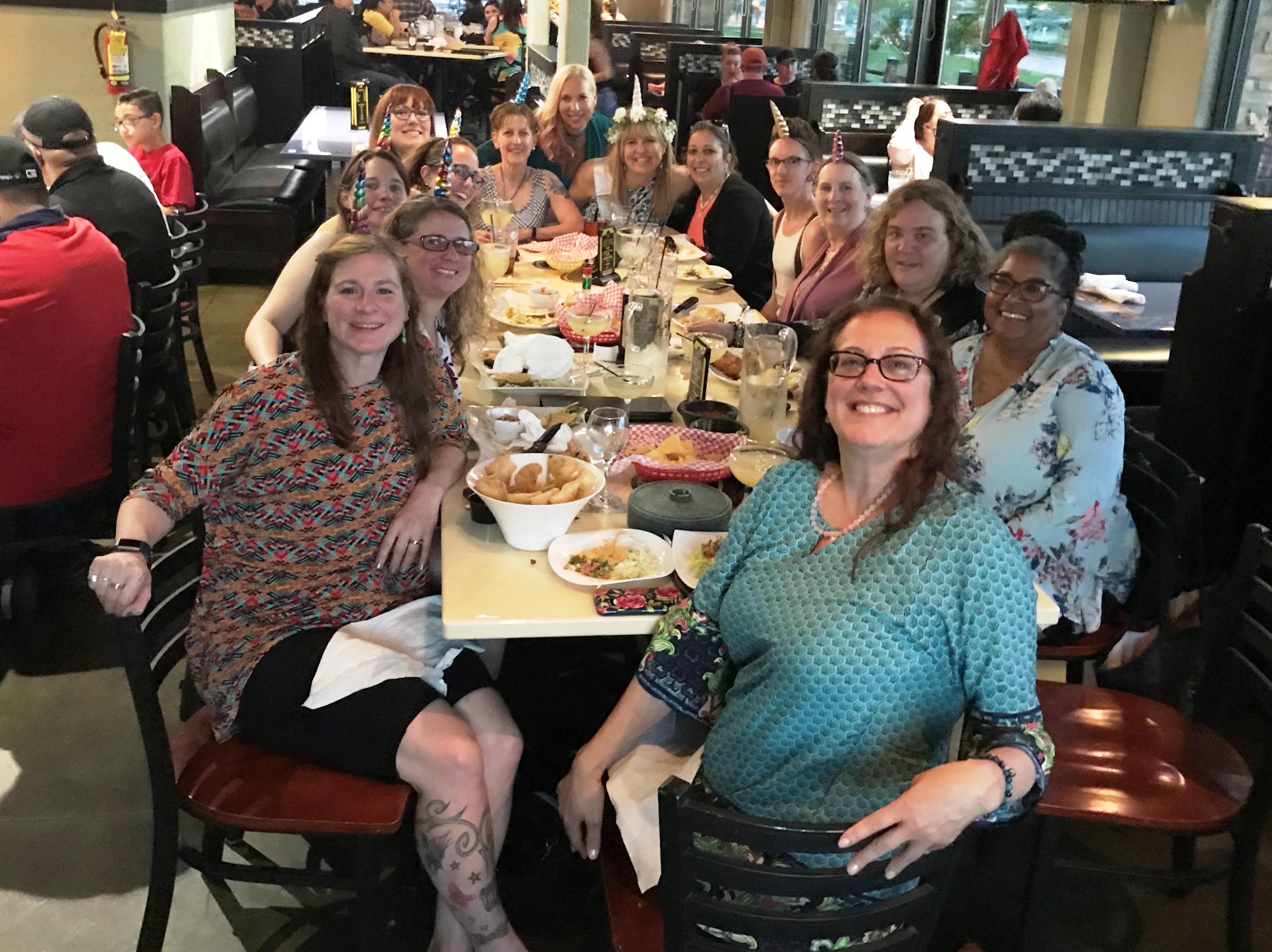 Metaphysical publishing representatives and authors met for dinner during the International New Age Trade show in Denver, Colo. Pictured: (clockwise from left) Inner Traditions reps Jessica Arsenault, Dawn Murray, Erica Robinson; Sam McKora (Red Wheel Weiser rep); Peggy Kellar (Schiffer Publishing rep); Debbie Krovitz (Devorss & Co. rep); Kelly Sullivan Walden (Llewellyn author); Kim Corbin (New World Library rep); Melinda Carver (Red Feather author); Justin Demeter (New Harbinger rep); Sue Wilhite (Positively Success owner/author); Llewellyn authors Jason Mankey and Najah Lightfoot; Kat Sanborn (Llewellyn rep).
Metaphysical publishing representatives and authors met for dinner during the International New Age Trade show in Denver, Colo. Pictured: (clockwise from left) Inner Traditions reps Jessica Arsenault, Dawn Murray, Erica Robinson; Sam McKora (Red Wheel Weiser rep); Peggy Kellar (Schiffer Publishing rep); Debbie Krovitz (Devorss & Co. rep); Kelly Sullivan Walden (Llewellyn author); Kim Corbin (New World Library rep); Melinda Carver (Red Feather author); Justin Demeter (New Harbinger rep); Sue Wilhite (Positively Success owner/author); Llewellyn authors Jason Mankey and Najah Lightfoot; Kat Sanborn (Llewellyn rep).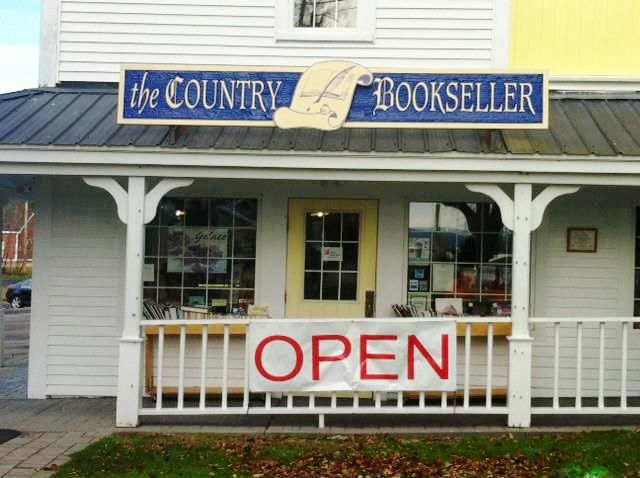


 Book you're an evangelist for:
Book you're an evangelist for: